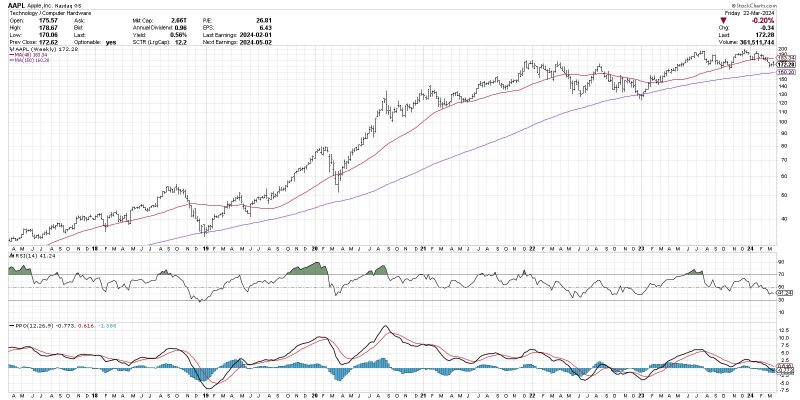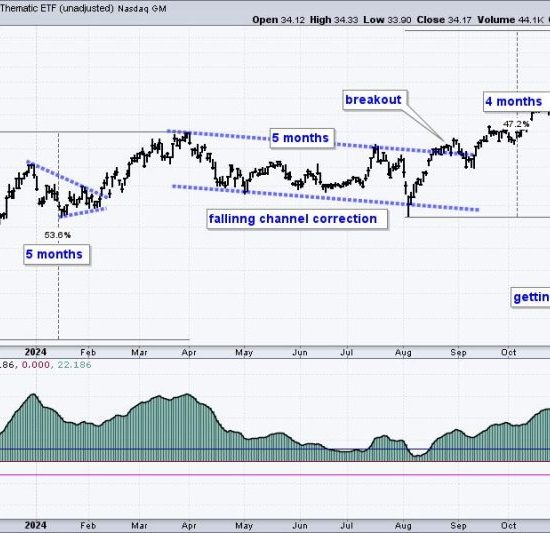Apple Inc., a powerhouse in the technology industry for a long time, has been a foundation of most investors’ portfolio since its meteoric rise to prominence. Yet, recent observations and analysis suggest potential vulnerabilities that may be leading it towards a bearish turn. This article highlights some of these factors that underscore the bear case for Apple.
The first notable vulnerability lies in dwindling product sales. Recent reports indicate declining sales for some of the company’s flagship products, including the iPhone, which has traditionally been a reliable revenue generator. While Apple has been diversifying its product lines, none seem to have caught the public’s attention as the iPhone did upon its inception. There is a concern that without a new ‘killer product’, the sales slump might cause the company significant financial strain.
Second, another significant concern is market saturation. Apple has always been known for its innovative products that set standards in the tech world. However, its primary markets, including North America, Europe, and China, are saturated. With so many people already using iPhones, the sale of new devices is primarily driven by upgrades rather than new customers, leading to slower growth.
Third, Apple heavily depends on China, and any disruption in this supply chain, as seen during the COVID-19 pandemic, could hurt the company. Not only does Apple rely on China for the manufacturing of parts, but the Chinese market also accounts for a substantial part of the company’s revenue. Any political or economic tensions could have a detrimental impact on the company’s operations.
Furthermore, competition is heating up. Apple faces fierce competition from companies like Samsung, Google, and Chinese manufacturers such as Huawei and Xiaomi. These competitors provide comparable products often at much lower prices, giving them an advantage in price-sensitive markets. Also, tech giants like Amazon and Microsoft are expanding their cloud-computing services, a market that Apple is yet to successfully penetrate.
Operational transparency, or lack thereof, also contributes to the bear case against Apple. Many investors express frustrations with the company’s unwillingness to share guidance in their quarterly reports. This opacity makes it harder for investors to make informed decisions which could lead to destabilization of the company’s stock.
Lastly, Apple’s current high valuation raises concerns. The company’s stock price is trading at a significant premium, and any negative news may trigger an overreaction in the market, leading to substantial sell-offs that could rapidly decrease the stock’s price.
While these arguments present a sobering picture, it is important to acknowledge Apple’s significant achievements, robust financial profile, and continued commitment to innovation. However, these concerns warrant caution for potential investors, making a compelling bear case against the tech titan. It is always advised investors keep abreast of changes in the market, the company’s strategic decisions, and worldwide events that can affect the company’s viability and profitability.




